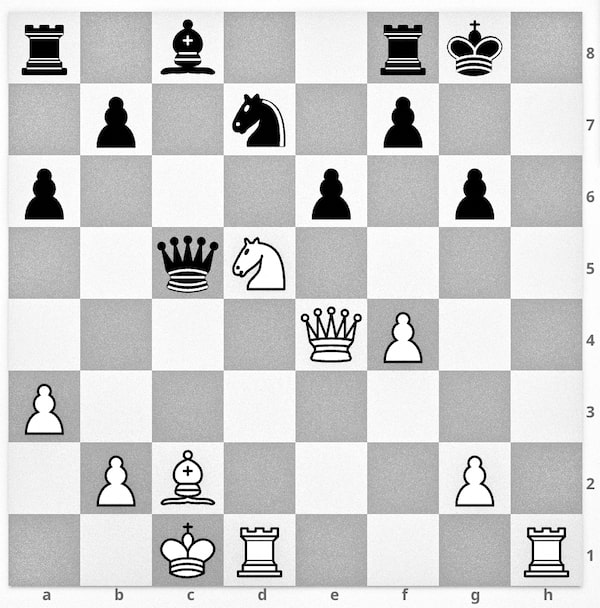It has been whispered about for years, but the male-dominated world of tournament chess is finally experiencing its #MeToo moment.
The floodgates opened in February when two-time U.S. women’s champion Jennifer Shahade accused a popular coach and commentator of sexual misconduct and assault. The Wall Street Journal interviewed seven more women with similar complaints.
While Shahade’s complaints are currently being investigated, the stories have prompted more female players to come forward with stories of their own. As with the broader #MeToo movement, it has emboldened others to speak out.
World champion Magnus Carlsen’s older sister, Ellen, told Norwegian media that as a minor she received unwanted and repeated phone calls and texts from an older man after a post-game analysis during a tournament. The experience left her less enthusiastic about continuing with a chess career.
Veteran grandmaster Susan Polgar said harassment and abuse are common in the chess world, and she herself had been a victim multiple times. But just as shocking is the attitude displayed by different chess organizations, she said.
“What bothered me the most in the past week is no organization came out and said we messed up,” she Tweeted.
“We should have done more to protect female players. We should have taken these complaints more seriously. Instead, just one lame excuse after another.”
Jennifer Shahade v. Ariel Mazzarelli, US Open, 1995

The Globe and Mail
What is White’s best move?
White played 25.f5 and Black resigned. White threatens to swing the Queen to the h file for mate, as well as capturing on e6 or g6.